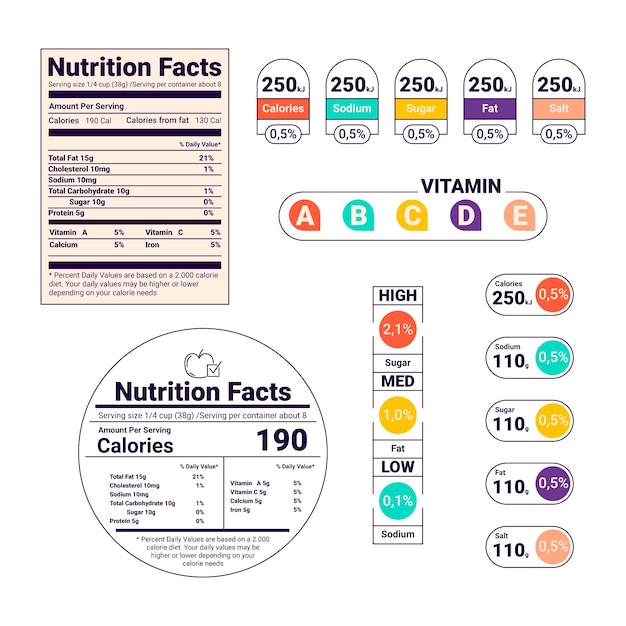Black Beans Nutrition Facts per 100g

Black beans are a nutritional powerhouse, packed with essential nutrients.
The nutrition facts of black beans per 100g reveal an impressive amount of fiber.
With only 341 calories per 100g, black beans are a guilt-free addition to your meals.
Black beans are a great source of plant-based protein, containing around 21g per 100g.
One of the standout nutrition facts of black beans is their high iron content.
Black beans are low in fat but high in healthy carbohydrates.
The fiber content in black beans aids in digestion and promotes a healthy gut.
Enjoying black beans regularly may help in maintaining healthy blood sugar levels.
Black beans are rich in antioxidants, which help combat free radicals in the body.
The folate in black beans is essential for supporting proper cell function.
Black beans contain essential minerals like magnesium, potassium, and zinc.
Incorporating black beans into your diet can help promote heart health.
The high fiber content of black beans may contribute to a lower risk of developing certain cancers.
Black beans provide a sustainable source of energy due to their complex carbohydrates.
The versatility of black beans makes them an excellent addition to a variety of dishes.
Including black beans in your meals can help you meet your daily fiber requirements.
Black beans are a cholesterol-free source of healthy fats.
Consuming black beans may help support a healthy weight management plan.
Black Beans Nutrition Facts per 100g part 2
The low glycemic index of black beans makes them a suitable option for those with diabetes.
Black beans contain phytonutrients that can help reduce inflammation in the body.
The protein and fiber combination in black beans can aid in satiety and weight loss efforts.
Black beans are gluten-free, making them suitable for individuals with gluten sensitivities.
The high folate content in black beans makes them an excellent option for pregnant women.
Including black beans in your diet helps promote a healthy cardiovascular system.
Black beans are an excellent source of plant-based nutrition for vegans and vegetarians.
Consuming black beans may help improve cognitive function and brain health.
The fiber in black beans supports a healthy digestive system and prevents constipation.
Black beans have a high amount of magnesium, which is vital for bone health.
The antioxidants in black beans help protect against cellular damage and oxidative stress.
Black beans are an affordable and nutritious food option for individuals on a budget.
Including black beans in your meals can help stabilize blood sugar levels.
The high fiber content of black beans aids in maintaining a healthy weight.
Black beans are a low sodium food option, making them suitable for individuals with hypertension.
Consuming black beans may help reduce the risk of developing heart disease.
The nutrients in black beans contribute to healthy skin, hair, and nails.
Black beans are a sustainable protein source that has a lower environmental impact compared to animal proteins.
The complex carbohydrates in black beans provide a steady release of energy, preventing blood sugar spikes.
Including black beans in your diet supports a healthy immune system due to their nutrient content.
Black beans are a versatile ingredient that can be included in salads, soups, or even desserts.
Consuming black beans may help reduce the risk of certain chronic diseases, such as diabetes.
The high fiber content of black beans promotes a feeling of fullness and reduces overeating.
Black beans are a great source of potassium, which supports muscle function and heart health.
Including black beans in your meals contributes to overall nutrient diversity in your diet.
The protein in black beans helps in muscle repair and growth after physical activity.
Black beans are a delicious way to add extra nutrition to your meals while satisfying your taste buds.

